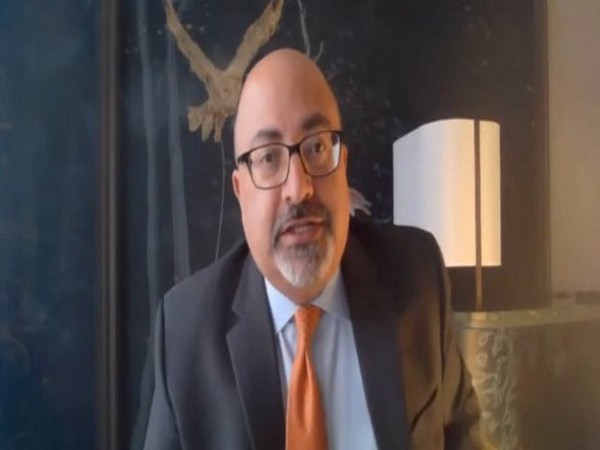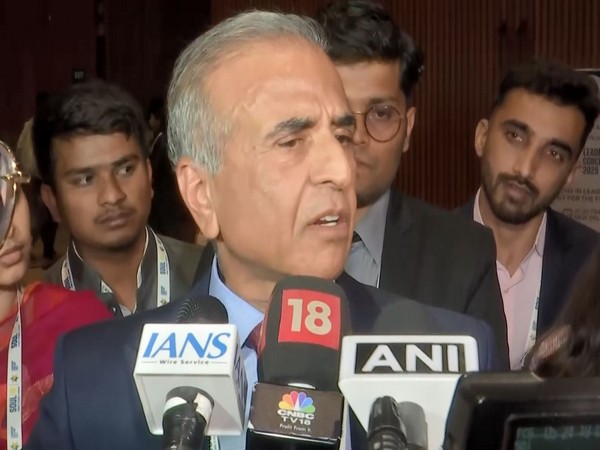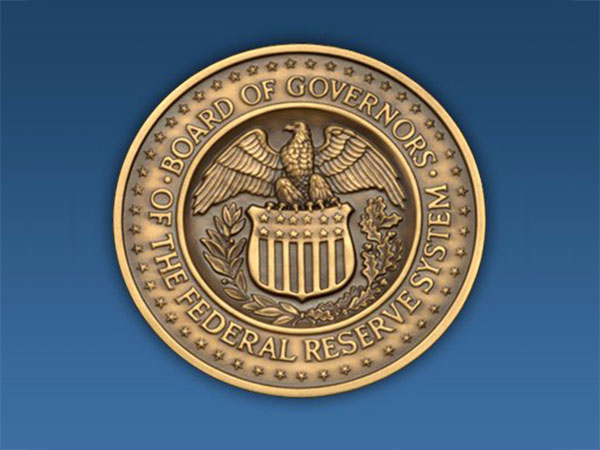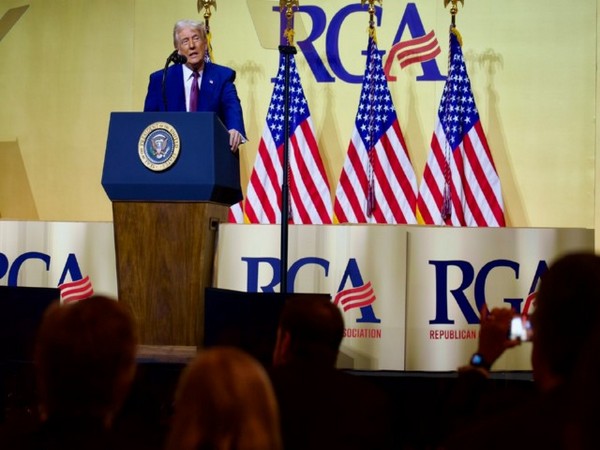
Washington [US], March 11 (ANI): On the launch of US-India Strategic Trade Dialogue the US-India Business Council (USIBC) on Friday (local time) congratulated both governments and supported India’s ambitions to integrate into global semiconductor value chains — specifically in the areas of packaging, assembly, and testing. “USIBC congratulates both govts on launch of US-India Strategic Trade Dialogue. It adds momentum to work being done under iCET, which we were proud to help launch with our industry roundtable at US Chamber of Commerce in January,”said USIBC President Atul Keshap.
USIBC is providing a platform for dialogue to address some of the current policy and infrastructural impediments to developing that semiconductor ecosystem, so that India can realize those ambitions and seize its ‘techade.’ “We are optimistic that the new Strategic Trade Dialogue will help expand and intensify technological and intellectual exchange at a time when our great democracies must work ever more closely together,” said Keshap.
“This semiconductor MoU is a very welcome move, and this is one of those areas where government and industry are closely aligned. The national security establishments and the private sector are both looking to address our vulnerabilities in this area. That’s why you’re seeing a historic level of public-private cooperation to develop these critical capabilities around semiconductor manufacturing, packaging, research and design within our high-trust ecosystem,” he added.
US Secretary of Commerce, Gina Raimondo and External Affairs Minister S Jaishankar are taking concrete steps to enhance technological cooperation between the two countries’ to high-trust partnership. USIBC also applauded Secretary Raimondo and Minister of Commerce and Industry Piyush Goyal on their MoU on semiconductors.
“USIBC and the US Chamber have been proud to facilitate semiconductor cooperation, with our advocacy for the U.S. CHIPs and Science Act, our help in launching the iCET, and our member companies’ daily work of enhancing technological cooperation between the world’s two largest democracies,” said Keshap.
Earlier, US Chamber of Commerce and the USIBC hosted Secretary Raimondo and National Security Advisors Ajit Doval and Jake Sullivan in January for talks with industry and academia regarding the US-India Initiative on Critical and Emerging Technologies (iCET). “USIBC member companies are proud of their contributions to the technological leadership of both the United States and India,” said Keshap.
“”We are optimistic that the new Strategic Trade Dialogue will help expand and intensify technological and intellectual exchange at a time when our great democracies must work ever more closely together,” he added.
Addressing the issues around export controls and technology transfers is a critical step to unleashing the ambitions of the private sector. If these dialogues succeed, they can unlock a new era of business-to-business cooperation in co-development and co-production for advanced commercial and strategic technologies. “It is these partnerships in high-value industries that will ultimately pave the way to our shared goal of USD 500 billion in bilateral trade,” said USIBC President.
These are moves welcomed by industry, who have long encouraged both governments to reinvigorate talks around high-technologies and export controls to remove barriers to greater business partnerships in advanced sectors. (ANI)



